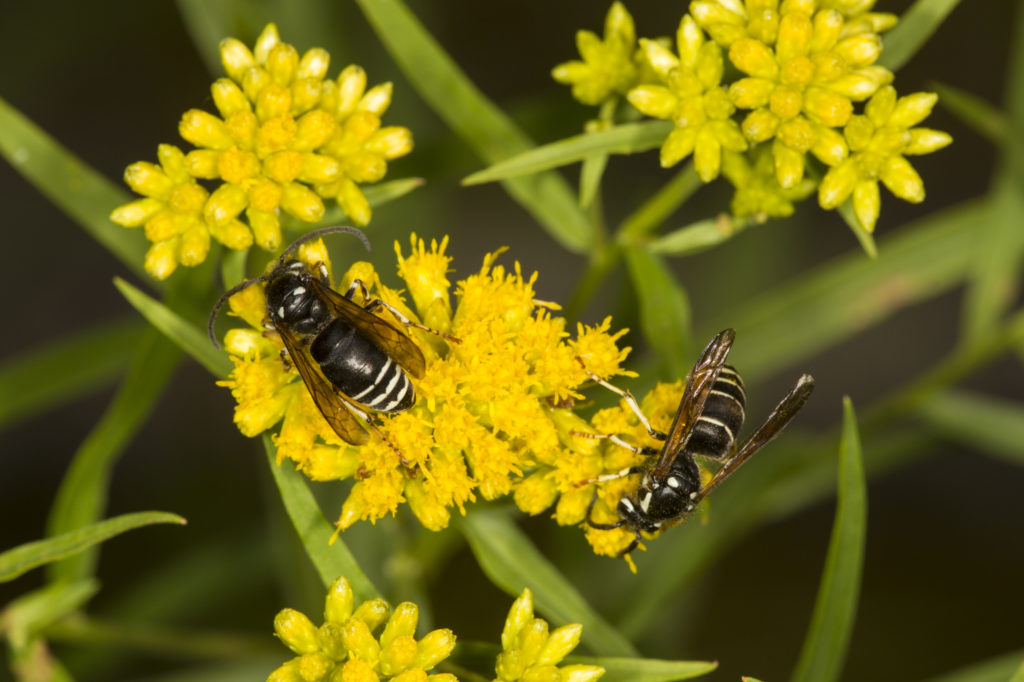Bees are on the way to extinction, not just honey bees, but all kinds of bees. Most bee species are pollinators, meaning that they help in the reproduction of plants. Without bees to pollinate, you would not be able to enjoy many vegetables and fruits. Apples, strawberries, coffee, tomatoes, almonds need pollinators. 30% of food crops and 90% of wild plants need bees, or else they will die out. Insecticides, pollutants, extreme heat and cold, monocrop cultures – these are just a few reasons why bees are dying out. Take a look at the ways you can support bee conservation in your locality:
Don’t use pesticides, herbicides or fungicides
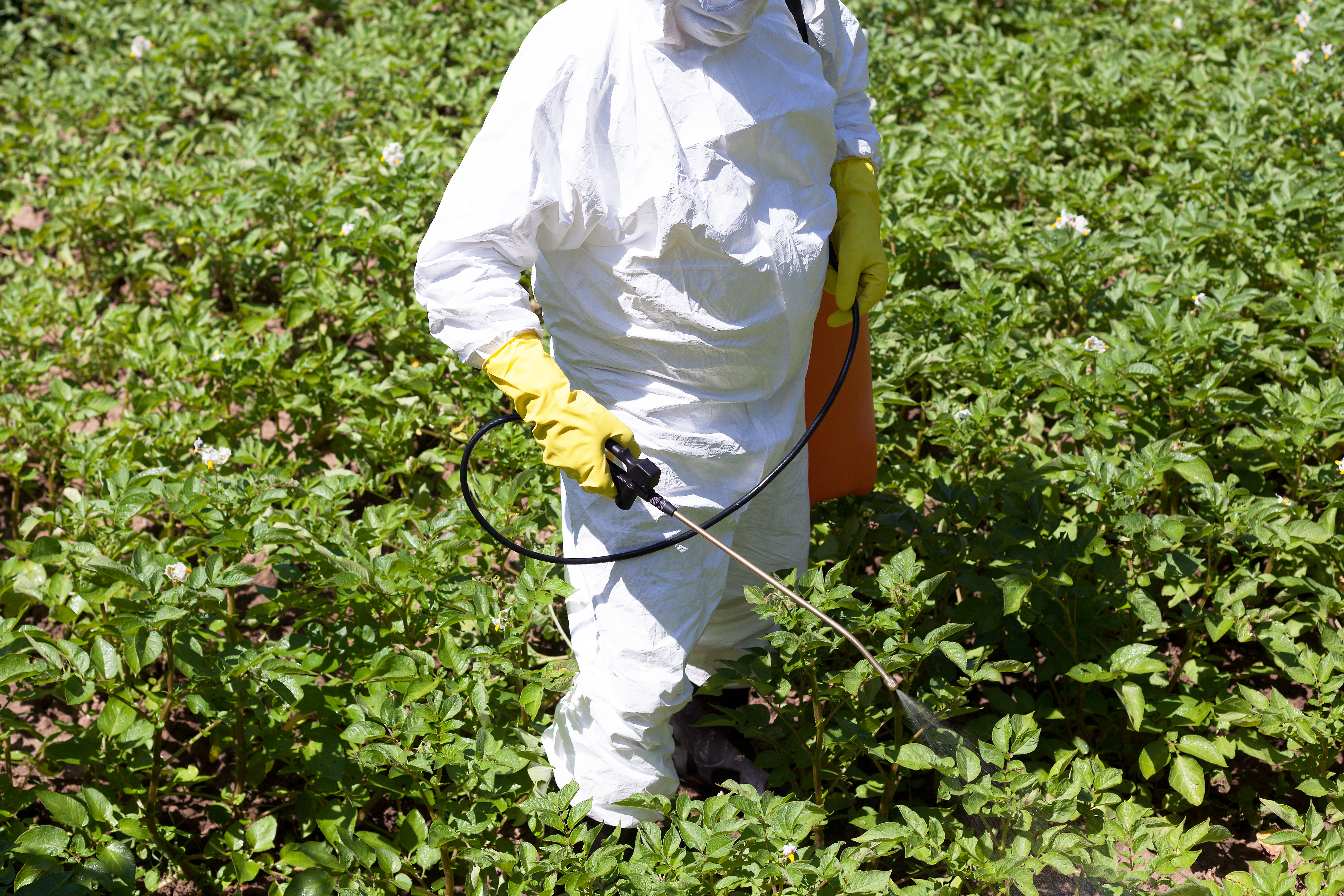
These chemicals will harm the bees to the extent of killing them. Also, ensure that the plants you have bought are not pre-treated with pesticides. Spread the message in your community, so that your neighbors to become bee friendly. If you want to keep pests away you can use natural pest repellents, for example, garlic keeps away aphids and basil with tomatoes is a good combination.
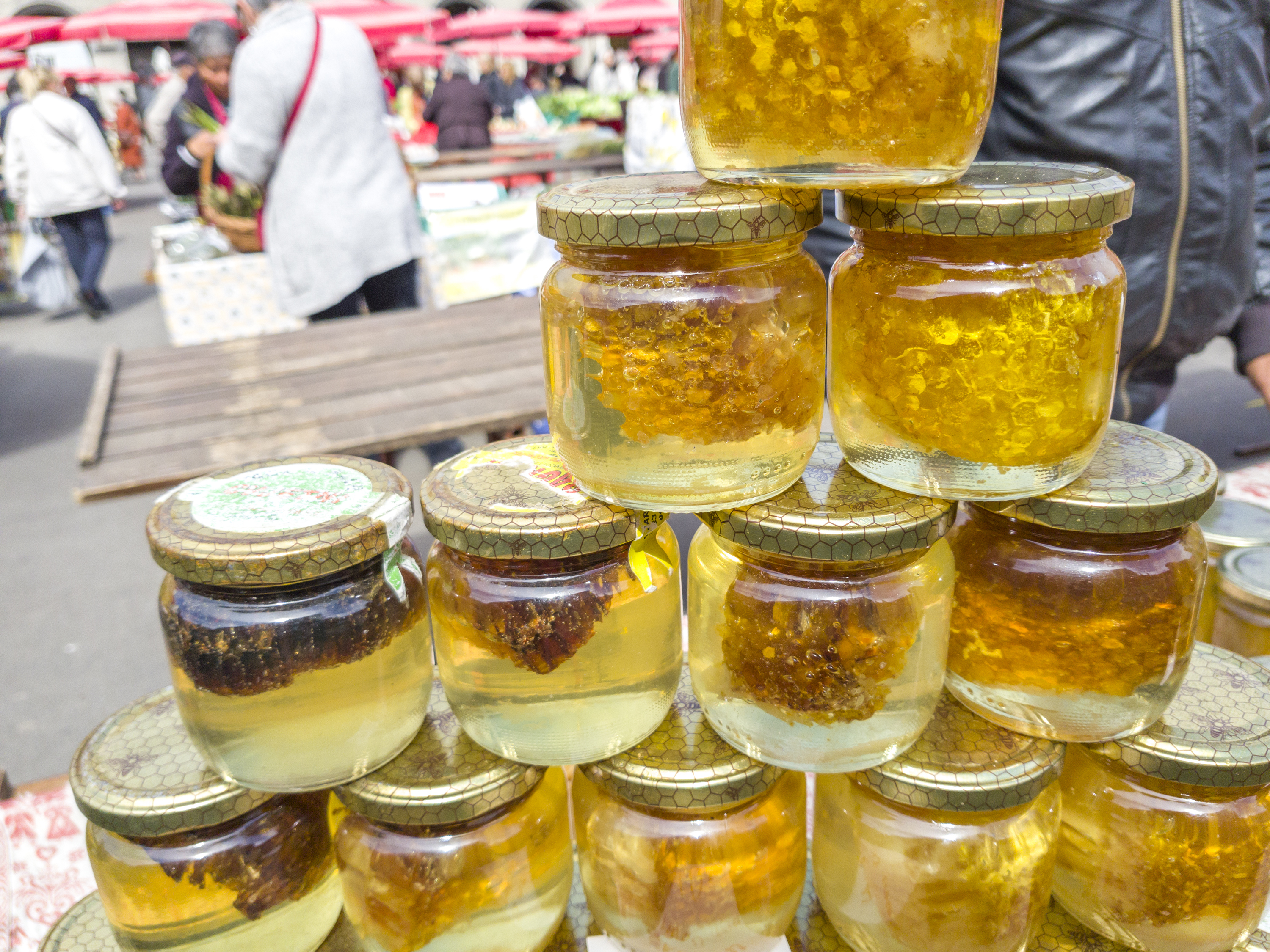
Buy raw honey locally. Avoid honey which is sold in bulk, or from the supermarket, unless you know the provenance. It’s better to buy honey from farmers’ market, which lets you meet the beekeeper so that you can confirm if he is keeping the bees sustainably or not.
Plant bee-friendly, native plants
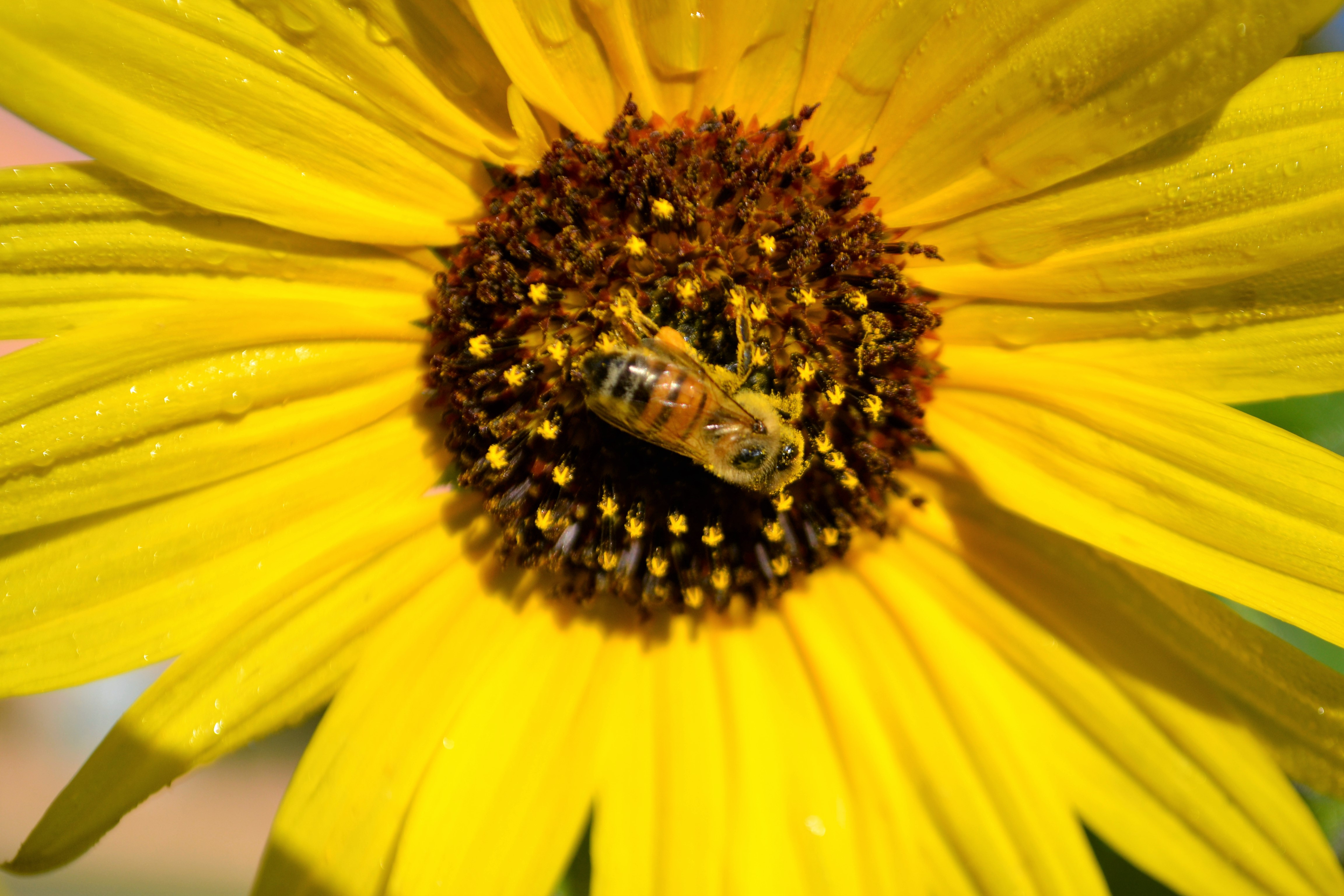
Planting your garden with bee-friendly plants as they are a great source of pollen and nectar, which is food for both butterflies and bees. It’s important that bees get a varied and nutritious food supply so that they can thrive. You should plant a variety of flowers so that many bee species can benefit. There are more than 4,000 species of bees (20,000 worldwide), of different sizes. So flowers blossoms which vary in size can act as food for many species. Choose plants for your garden in a way that you always have some blooming flowers in every season.
Avoid planting lawns
Lawns have no flowers, so they are like deserts for bees. Plant prairies, instead.
Save the Bee Queen
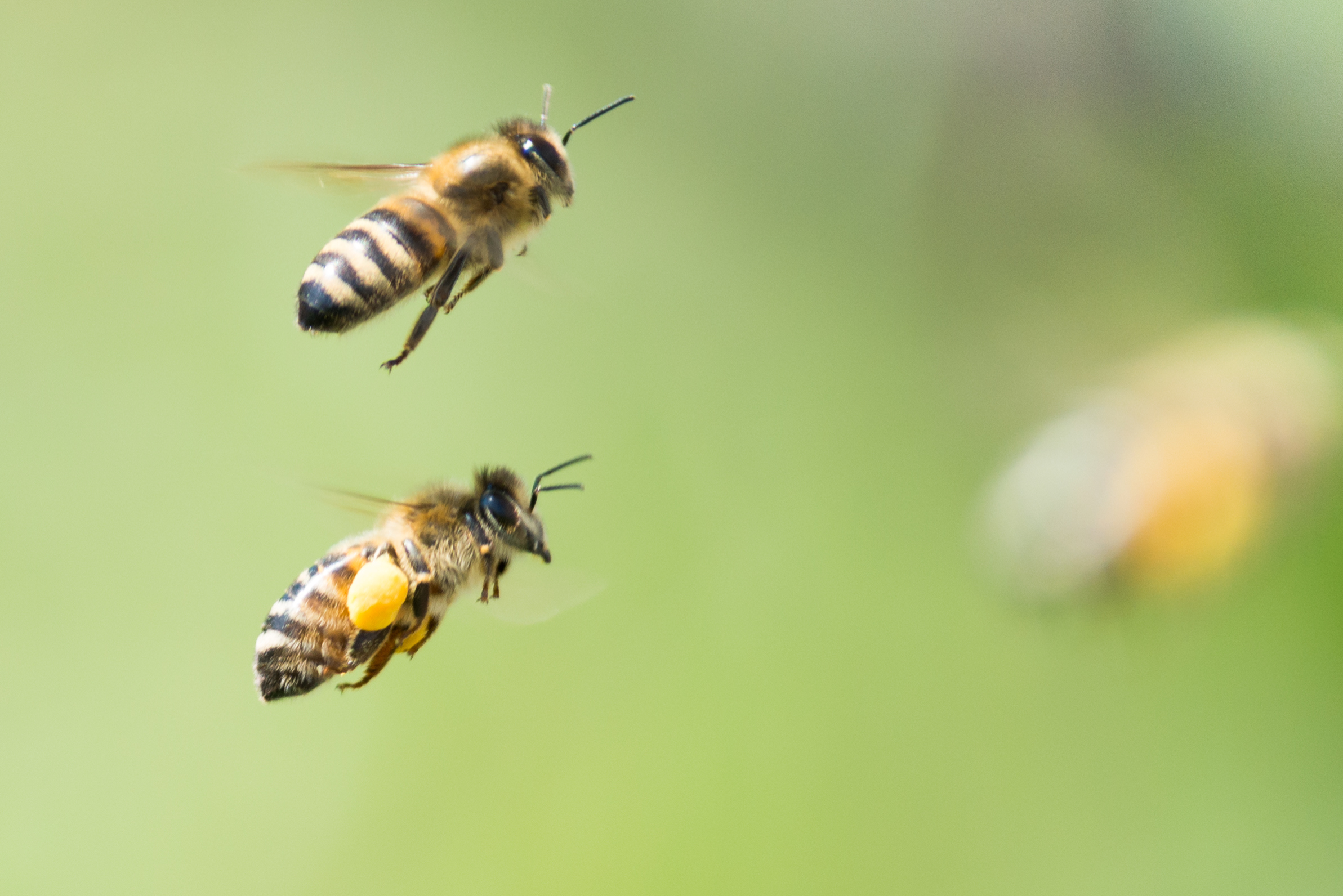
Bumblebees, which emerge in the spring, need flowers, trees, and shrubs in the spring. New bee queens are born in fall and they need a place for hibernation in winter. In spring, when the bee queens emerge from hibernation, if there aren’t enough food sources, they cannot start their own colonies.
Leave some bare ground
Many bees are solitary, and approximately 70% dig nests in the ground to raise the young – they can’t do this if there is mulch on the ground.
Start a hive
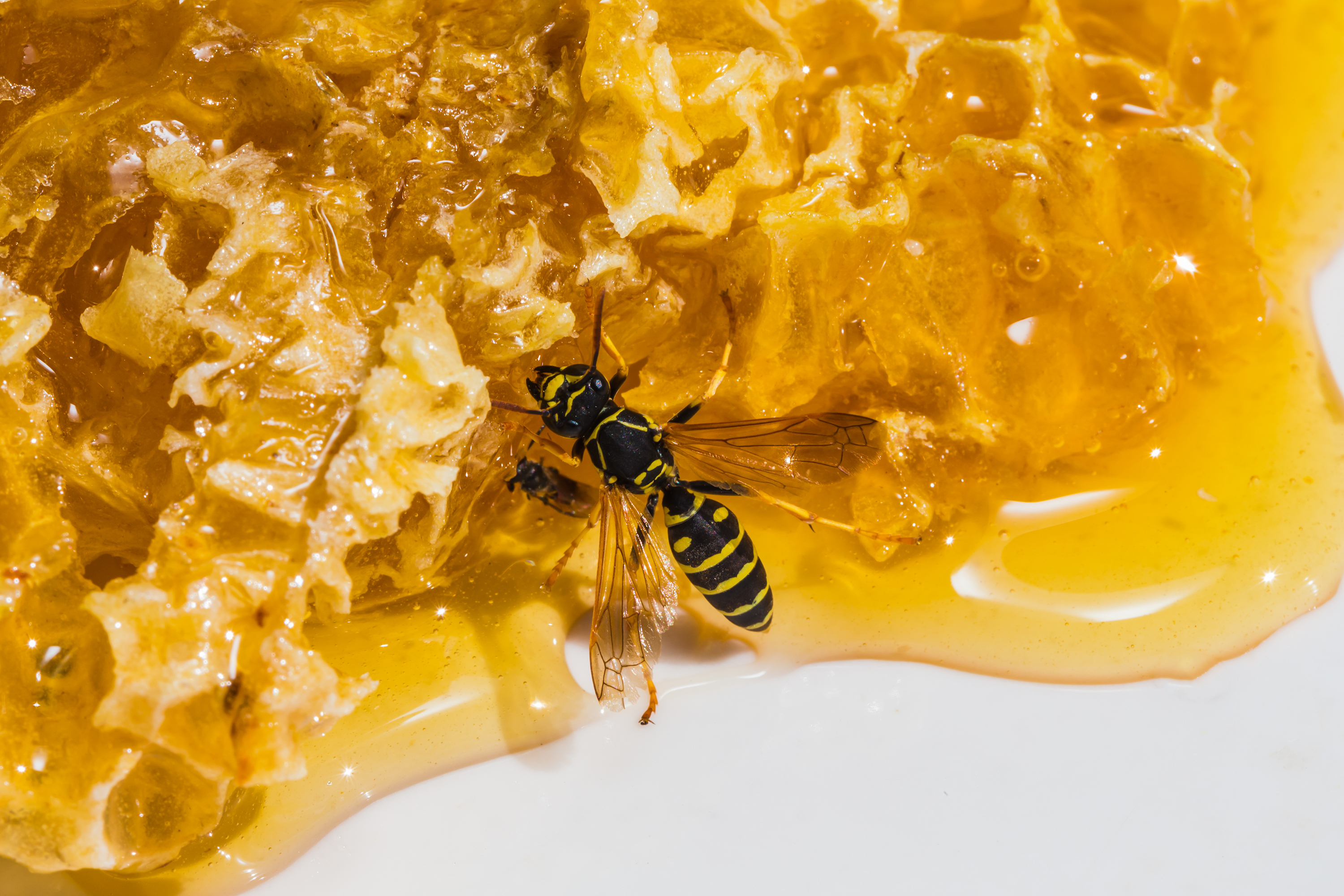
Beekeeping is not as tough as you think. You can start a beehive in your backyard and get the benefit of fresh honey, beeswax and the satisfaction of helping bees.
Build homes for bees
You can build homes for bumble bees and solitary bees, or rather keep an undisturbed space for them in your garden. It would be great if some mason bees, which do not sting, start residing in your garden. Also, plant flowers or bee gardens, which are rich in nectar, to help bees survive.
Sponsor beehives
If it’s difficult for you to start a hive of your own, you can help to finance new hive installations. There are certain organizations which work to install honeybee and solitary bee hives in many parts of the US. You can help these organizations monetarily so that more stocked beehives can be installed in more areas.
Spread awareness
You can spread the message about not using pesticides etc, on social media like Facebook. You can spread informative videos made by bee conservancy organizations so that more and more people understand the importance of saving bees, their contribution towards pollination and how humans would be affected if bees became extinct.
Support local beekeeping efforts
Local beekeepers need people’s support. You can buy their product to support and encourage them, and get fresh honey.
Bees need your help to be able to survive. You can do that by planting bee-friendly plants, spreading the message of bee conservation, getting more involved with bee conservancy efforts. Become a beekeeper and educate your children and the community that bees are safe and we need them for our food production too.


